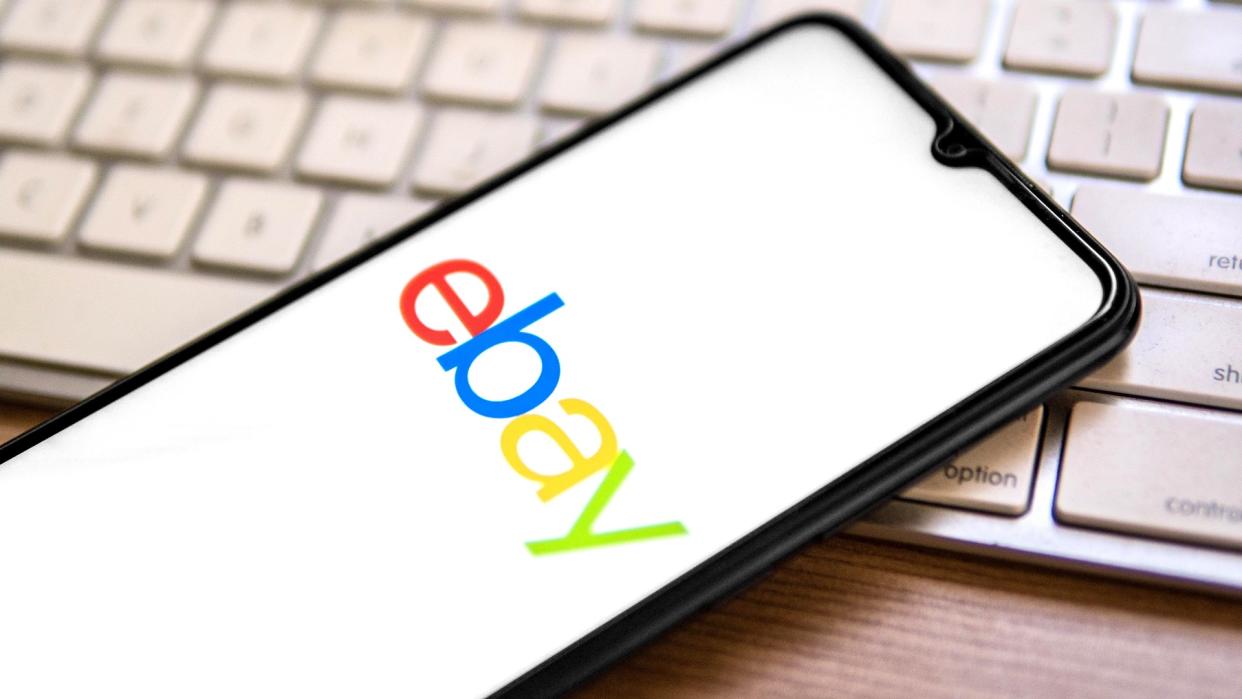eBay, Mercari, Etsy and Others Are Fighting IRS’ New $600 Payment Threshold

As if taxes weren’t complicated enough this year, small business owners and independent contractors now definitively have to report income made via PayPal, Venmo, and a host of other e-commerce apps.
Discover: 9 Bills You Should Never Put on Autopay
More: The Best Cities To Retire on $2,000 a Month
As of Jan. 1, the Internal Revenue Service (IRS) requires reporting of payment transactions via apps such as Venmo, PayPal, Stripe and Square for goods and services sold which meet or exceed $600 in a calendar year — in aggregate. Those who do exceed said threshold will be provided a 1099-K form from their service provider(s). The service provider is also legally obligated to report their side of the disbursal to the payee directly to the IRS as well.
That reporting threshold was significantly lowered, as the previous requirement placed upon such services was to report payments above $20,000 (and exceeding 200 transactions) within the calendar year, according to the IRS.
“If the aggregate amount of payments to a participating payee exceeds $600 for the calendar year, then the third-party settlement organization must file and furnish a Form 1099-K with respect to that participating payee,” per the IRS.
It’s important to note that this change — which will be applied during 2022’s tax year and moving forward — applies only to payments received for sales of goods and services, and not to friends and family payments.
Venmo Says Users May or May Not Have a Choice When Classifying Payments, Depending on Account Type
Venmo says that users can choose to tag a payment as being for “goods and services.”
However, “All payments sent to business profiles on Venmo are tagged as purchases automatically and are therefore considered to be for goods and services,” according to Venmo’s website.
Bloomberg reports that compounding the new issue, many users don’t separate personal transactions from business revenue on these platforms — a reality which “will create an administrative headache.”
“The biggest impact is having to decipher which payments are income,” Marvette Critney, a real estate broker, told Bloomberg.
Bloomberg says that one way to reduce the confusion would be to open a second account only for commercial activities — or to separate payments by platform.
eBay, Etsy, Mercari and More Fighting Against the IRS Rule
Several platforms are trying to fight the rule, however. Marketplaces eBay, Etsy, OfferUp, Poshmark, Mercari, Reverb, and Tradesy formed The Coalition for 1099-K Fairness in April to promote “an accessible and fair online sales market for entrepreneurs, microbusinesses, and casual sellers selling used and pre-owned goods via online platforms.”
POLL: Are You Concerned That Social Security Benefits Will Be Reduced During Your Lifetime?
Find: How To Check Your Ebay Gift Card Balance
The coalition said that its first priority is addressing the new federal tax reporting requirement passed by Congress last year “that will disproportionately burden individuals selling used goods via online platforms,” according to a press release.
“An unfairly low $600 threshold will confuse and burden millions of Americans casually selling used and pre-owned goods that are not generating taxable income, as well as those entrepreneurs and microbusinesses just getting their business off the ground,” the release read, in part.
More From GOBankingRates
Here's How Much Cash You Need Stashed if a National Emergency Happens
How To Find Travel Insurance That Covers COVID-19 Cancellations
This article originally appeared on GOBankingRates.com: eBay, Mercari, Etsy and Others Are Fighting IRS’ New $600 Payment Threshold
